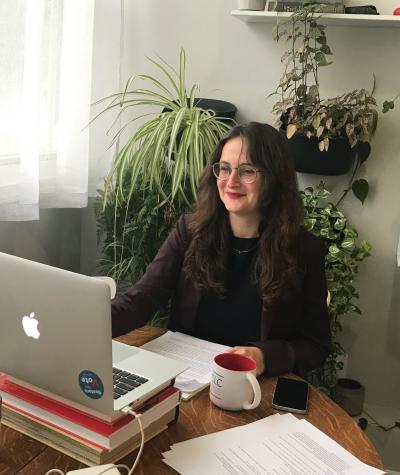Danielle Lang, Campaign Legal Center’s (CLC) director of voting rights, testified before the U.S. House Committee on House Administration on June 11, 2021, about the deliberate and unnecessary barriers to voting that state and local lawmakers have erected in recent years and the need for legislation to protect Americans’ right to vote.
In 2013, the U.S. Supreme Court gutted a key provision of the Voting Rights Act (VRA) in Shelby County, AL v. Holder. This provision, called preclearance, required states and localities with histories of racial discrimination in voting to have the federal government approve any changes in their voting rules before they went into effect.
Since the Supreme Court’s decision in Shelby County, there has been a deluge of legislation, regulation and election administration changes across the country, especially in jurisdictions formerly subject to preclearance.
Lang's testimony highlighted two significant ways that Americans’ freedom to vote is being limited.
The first is through restrictions on polling place quality—including polling place closures, relocations, long and racially disparate wait times, inaccessible or inhospitable polling sites, and insufficient resources. The second is through constraints on opportunities to vote early, by mail or using a drop box.
Both issues disproportionately—and too often intentionally—prevent voters of color from exercising their right to vote.
CLC has fought to improve polling place access for voters through its efforts to help the Pascua Yaqui Tribe get an in-person early voting location reinstated on the Tribe’s reservation and through its work to ensure that incarcerated eligible voters are able to cast their ballots.
Additionally, CLC has fought and won several legal battles involving a variety of issues around voting by mail, from eligibility to vote by mail to mail voting procedures to mail ballot verification.
Most recently, CLC has filed lawsuits in Georgia and Kansas challenging new anti-voter laws in those states that make it more difficult for nonpartisan nonprofits to distribute mail ballot applications.
At the federal level, CLC is working to support the passage of the For the People Act, H.R. 1/S. 1, which would be a historic opportunity to implement the lessons of the 2020 election by modernizing our voting system and creating an equitable baseline of voting opportunities.
H.R. 1/S. 1 contains strong protections for the right to vote, expanding access to early voting and vote by mail, making voting more accessible for people with disabilities, and improving polling place quality, including requiring notice to voters about polling place changes and providing additional resources to polling places with long wait times.
To ensure that voting is accessible to all Americans, Congress should also pass and President Biden should sign the John Lewis Voting Rights Advancement Act, H.R. 4, which would reinstate preclearance and thereby prevent legislation that perpetuates voting discrimination in communities with a history of it from being put in place.
It’s time to enact national standards for voting to ensure all of us have a say in the key decisions that affect our lives. Together, we can ensure that Americans can safely and freely cast our ballots so that every voice is heard and our elections reflect the will of the people.
